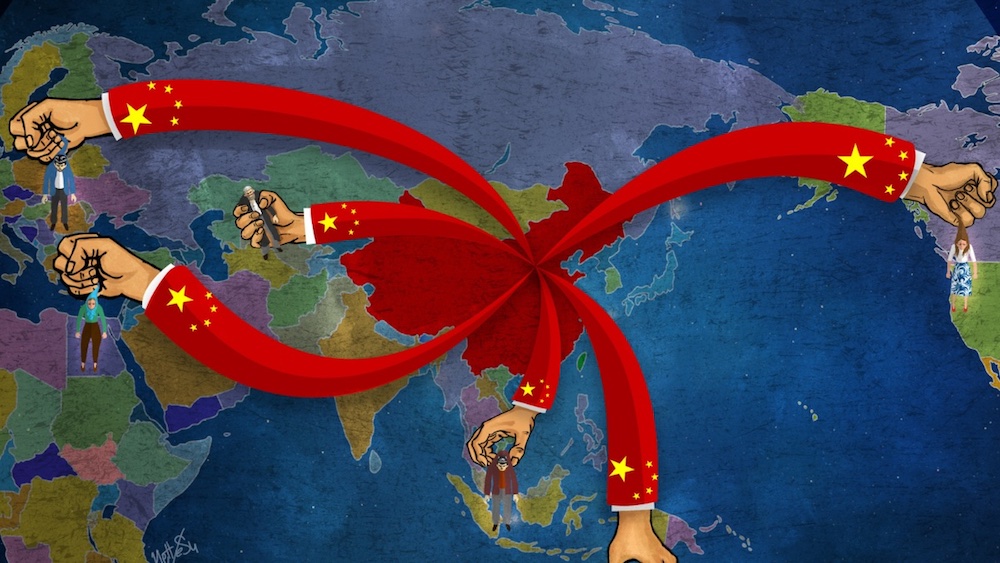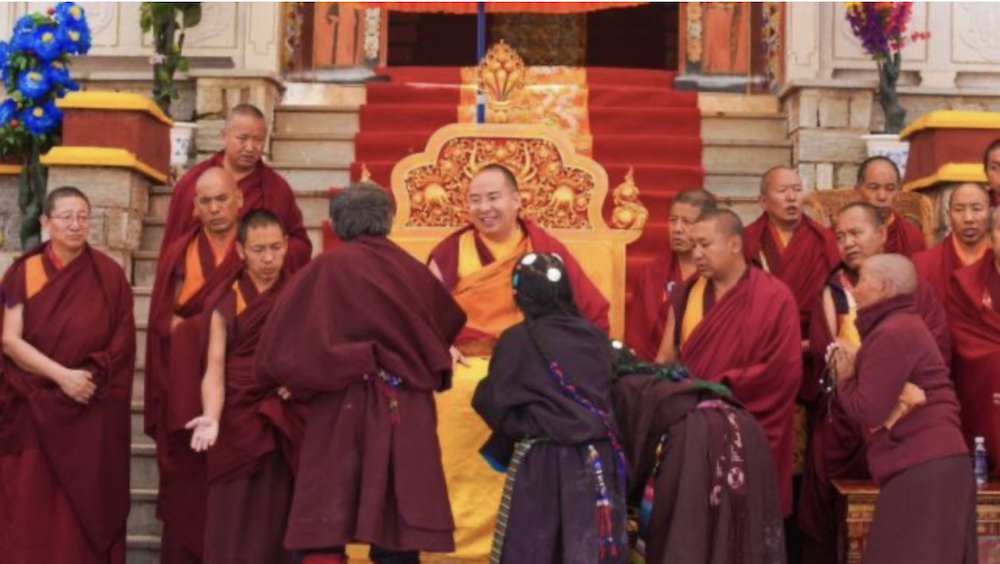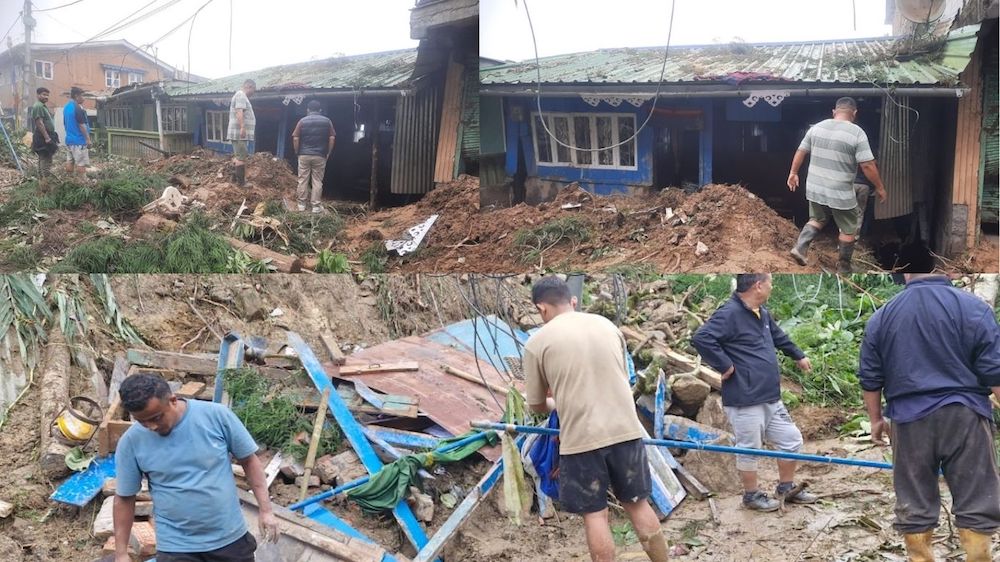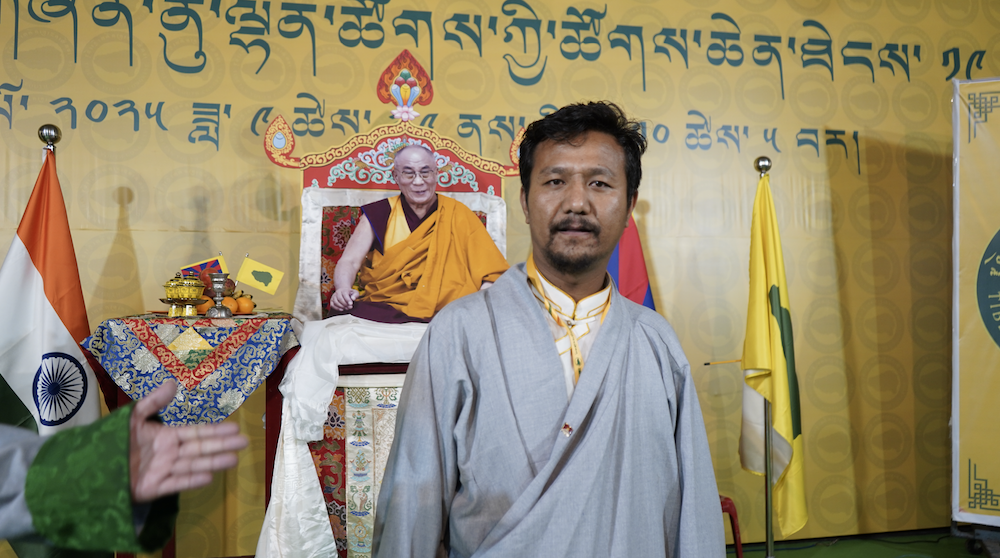Tsering Dhundup
DHARAMSHALA, Feb. 14: China is the world’s leading perpetrator of direct physical incidents of transnational repression and accounts for 22% of recorded cases according to a report by International human rights advocacy organisation, Freedom House.
The report published on February 6 examines how authoritarian regimes extend their control beyond national borders through coercion, abductions, and forced repatriations. Since 2014, the Chinese Communist Party (CCP) has been implicated in at least 272 physical incidents targeting dissidents, activists, and members of diaspora communities worldwide.
A particularly alarming case happened in March 2024 at Charles de Gaulle Airport in Paris, where Chinese state security agents attempted to forcibly repatriate a dissident. This incident underscores the CCP’s increasing willingness to engage in extrajudicial enforcement actions within democratic states, raising concerns about national sovereignty and international human rights protections.
Between 2014 and 2024, Freedom House documented over 1,200 cases of transnational repression across 103 countries, involving 48 different governments. While China was the most frequent offender, Turkey and Tajikistan were also identified as significant actors in this trend. Freedom House interim Co-President Annie Boyajian emphasised that authoritarian governments are leveraging sophisticated mechanisms to intimidate and silence political opposition abroad, undermining the safety of exiled dissidents.
Researchers argue that the actual scale of transnational repression is likely much greater than reported, as many victims refrain from disclosing threats due to fear of retribution. Beyond physical enforcement measures, China employs cyber surveillance, digital harassment, and coercion of family members to exert control over critics residing overseas.
China’s repressive tactics extend into Western nations, where Tibetans and Chinese pro-democracy activists have reported systematic harassment. In August 2023, the Canadian think tank Second Street documented widespread intimidation campaigns against Chinese Canadians, Uyghur Canadians, Tibetan Canadians, and Hong Kong Canadians. These individuals, who openly criticise CCP policies, face significant threats to their personal security.
In July 2023, the Hong Kong Democracy Council (HKDC) and Students for a Free Tibet (SFT) released a joint report, “Exporting Repression: Attacks on Protestors During Xi Jinping’s Visit to San Francisco,” which detailed 34 incidents of harassment and intimidation against demonstrators during President Xi Jinping’s visit to the United States for the Asia-Pacific Economic Cooperation (APEC) summit in November 2023. The report suggests that Beijing coordinates with loyalist networks abroad to suppress opposition, even within democratic societies.
China’s efforts to suppress dissent are also evident within Asia. In October 2023, Human Rights Watch (HRW) raised concerns over increased harassment targeting Tibetans, Uyghurs, Inner Mongolians, Hongkongers, and Taiwanese individuals living in Japan. According to the report, Chinese authorities engage in extensive monitoring and intimidation of these communities to stifle opposition to CCP policies.
These findings are consistent with Freedom House’s earlier 2022 report, “Still Not Safe: Transnational Repression in 2022,” which identified China as the most prolific actor in extraterritorial repression. The study found that China accounted for nearly 30% of all documented cases globally, demonstrating the extent of its reach in silencing dissent.










